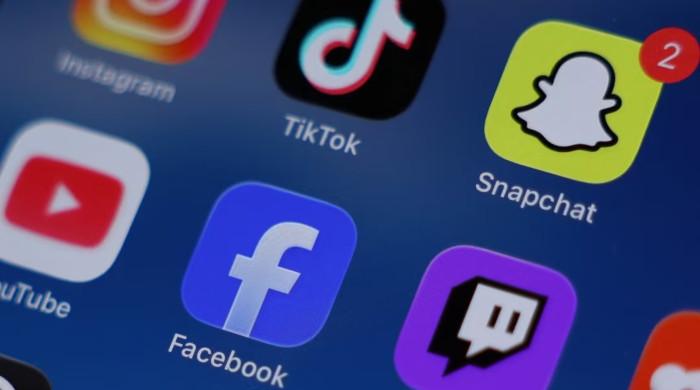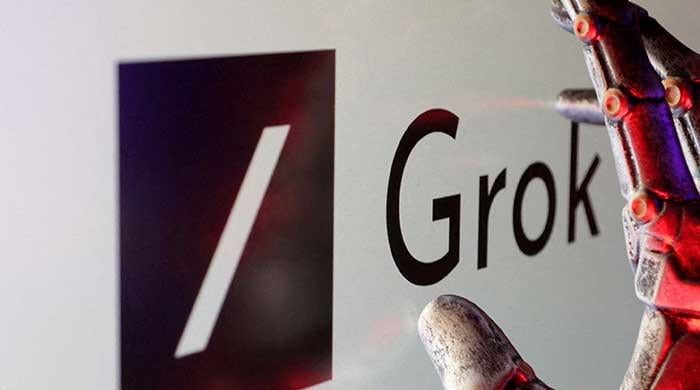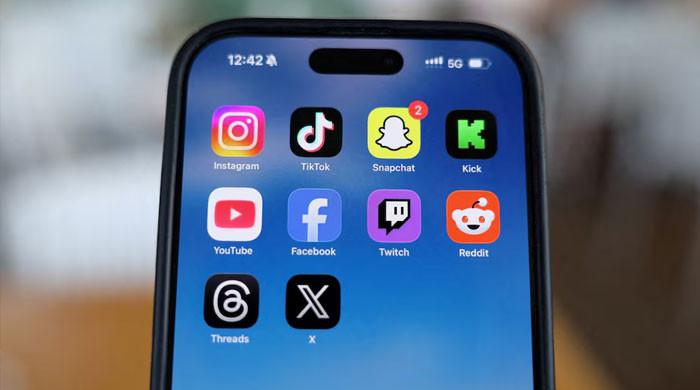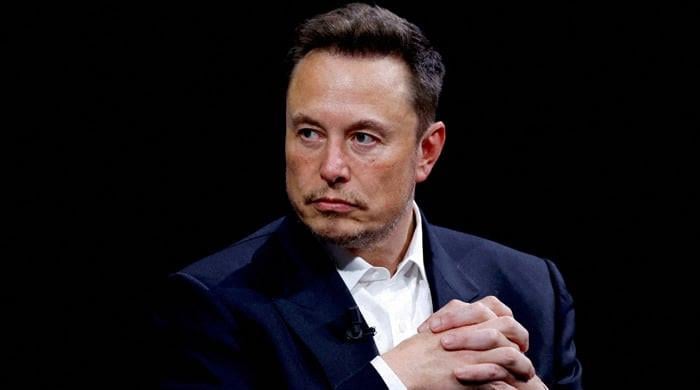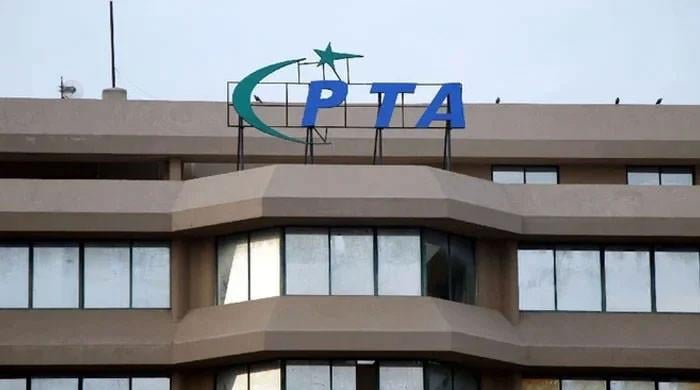How does WhatsApp make money without charging its users?
WhatsApp may be free but maintaining an extensive worldwide database is not an inexpensive operation
October 17, 2024
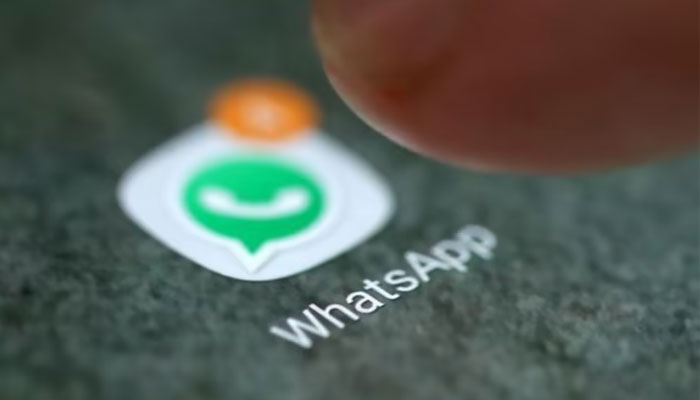
WhatsApp, with nearly three billion users worldwide as of 2024, stands as one of the world's leading messaging apps, facilitating both personal and business communication.
Housed on powerful servers across multiple data centers, the app remains free, offering features that enhance its global appeal.
Despite its no-cost model for users, maintaining such an extensive operation is not inexpensive. But how does this free app generate revenue?
It helps that WhatsApp is owned by tech giant Mark Zuckerberg's Meta, which also owns social media platforms — Facebook and Instagram — but that's not all.
According to the BBC, the answer lies in its corporate clients.
WhatsApp monetises its platform by providing services tailored for businesses that wish to interact with users through their personal, free accounts.
Since last year, firms have made channels for free on WhatsApp, enabling them to send out messages to be read by all who choose to subscribe to the channel.
The firms pay a premium for access to interactions with individual customers via the app, both conversational and transactional.
For instance, in Bangalore, India, users can now buy a bus ticket, and choose their seat, all via WhatsApp.
"Our vision, if we get all of this right, is a business and a customer should be able to get things done right in a chat thread," said Nikila Srinivasan, vice president of business messaging at Meta.
"That means, if you want to book a ticket, if you want to initiate a return, if you want to make a payment, you should be able to do that without ever leaving your chat thread. And then just go right back to all of the other conversations in your life."
Businesses can also now choose to pay for a link that launches a new WhatsApp chat straight from an online ad on social media to a personal account.
Srinivasan said that this alone is now worth "several billions of dollars" to the tech giant.
Furthermore, Matthew Hodgson, the co-founder of the United Kingdom-based firm Element, believes that advertising remains the most popular business model for messaging apps.
"Basically [many messaging platforms] sell adverts by monitoring what people do, who they talk to, and then targeting them with the best adverts," said Hodgson.
According to Hodgson, the idea is that even if there is encryption and anonymity in place, the apps don't need to see the actual content of the messages being shared to work out a lot about their users.
They can then use that data to sell ads.
"It's the old story — if you the user, aren't paying, then the chances are that you are the product," he added.





